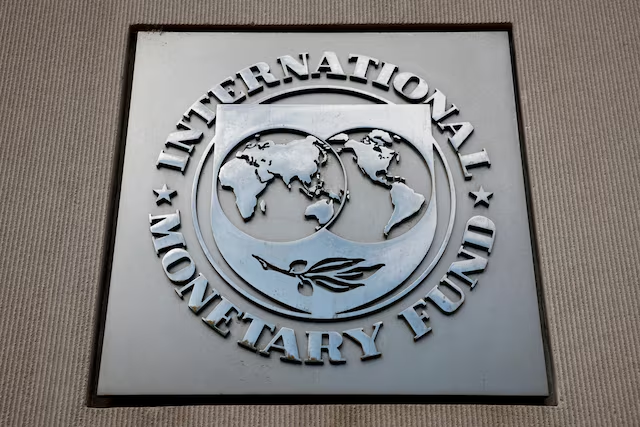The International Monetary Fund said on Tuesday discussions with Argentina on a new program are “advanced,” and that fund staff and its board have also met as part of the program’s proceedings.
The IMF board was expected to meet on Tuesday, with Argentina’s qualification for a new program under the fund’s Exceptional Access Policy on the agenda, given that the country has borrowed beyond the fund’s regular lending limits.
The EAP requires informal meetings with the board ahead of any agreement announcement, in part to guarantee that the loan criteria are met.
The fund gave no further details and the Argentine government declined to comment.
Earlier this month, spokesperson Julie Kozack said the fund was “continuing to make good progress toward a program, and we are working constructively with the Argentine authorities in this regard.”
The IMF’s statement follows a vote in Argentina’s Congress last week which gave Javier Milei the green light to negotiate a new IMF loan agreement, on top of the $44 billion Buenos Aires already owes the lender.
Milei asked lawmakers on March 11 to approve a new 10-year loan to boost the central bank’s foreign currency reserves and cover looming debt payments.
Under a 2021 law, Argentina’s president must seek authorization from both houses of Congress to request money from the IMF, but needs support from only one to go ahead with the loan.
What is the IMF lending limit and Countries with largest loan limits
Lending limits protect the safety and soundness of national banks, promote diversification of loans, and help ensure equitable access to banking services. These limits prevent excessive loans to one person, or loans to related persons who are financially dependent.
Argentina remains the biggest debtor to the IMF, with a total outstanding debt of $40.9bn. This is about $2bn debt less than a year ago, a sign of a shift in the long, beleaguered relationship between the country and the IMF.
Ukraine has overtaken Egypt to become the IMF’s second largest debtor with its outstanding balance of $14.6bn. This was up from about $12bn a year earlier as international support has risen for the war-torn country.
Egypt is the third-largest debtor by amount, with an outstanding balance of $10.7bn, down from $14.9bn recorded in April 2024. Its economy deteriorated following the Egyptian revolution in 2011 and falling revenues from the Suez Canal. The government thus sought an IMF deal to unlock $12bn of cash in 2016. The Fund then approved further loans of $2.72bn and $5.2bn to address the impact of Covid-19 in 2020.



